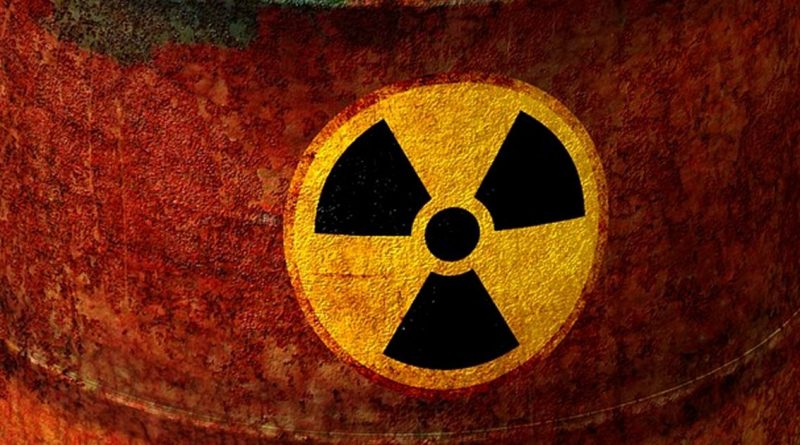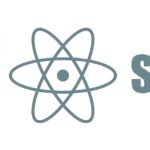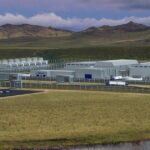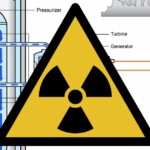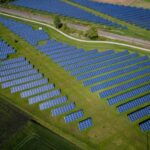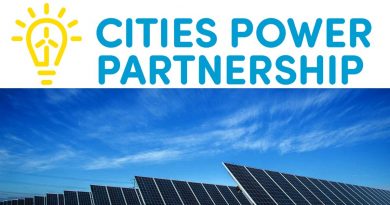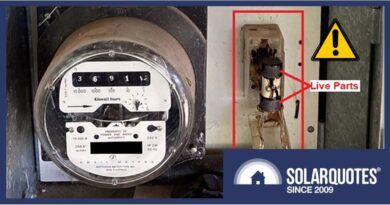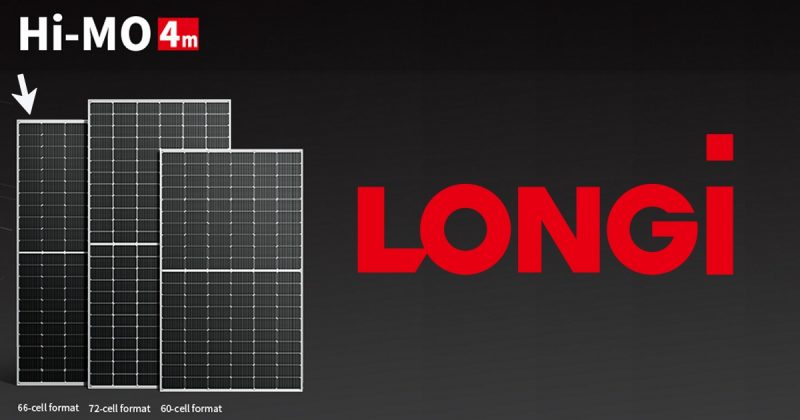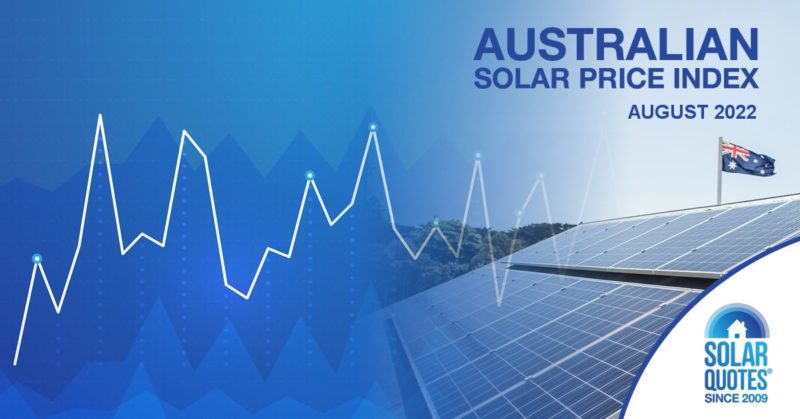NSW Productivity Commission Has “Lost The Plot” On Nuclear Power
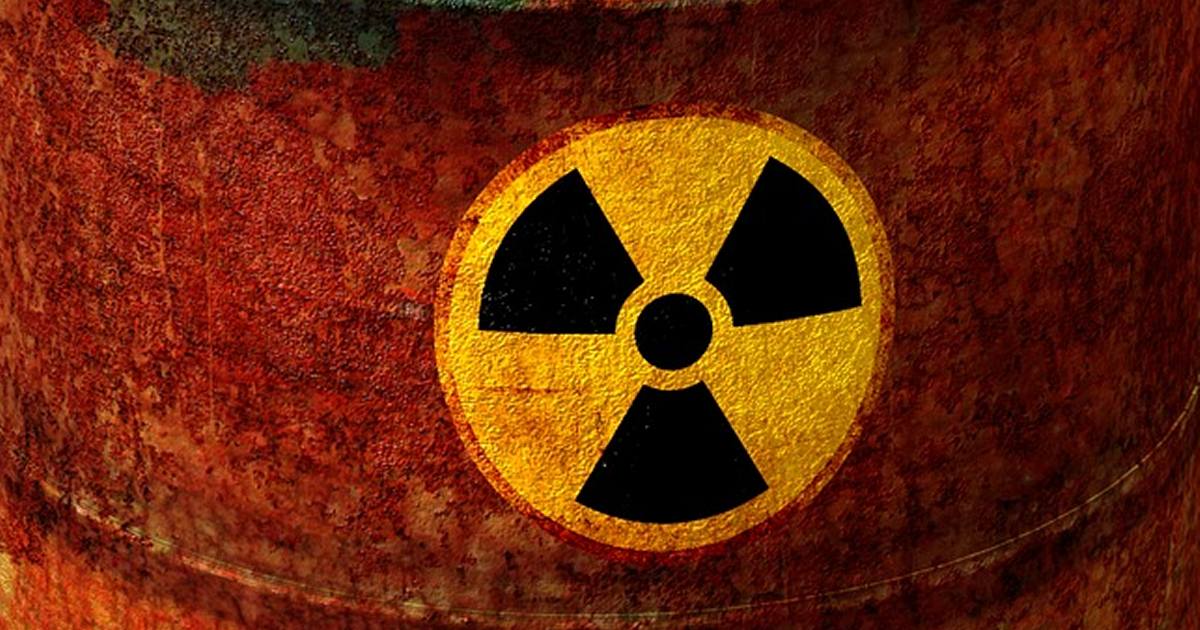
The Electrical Trades Union has weighed in on the New South Wales Productivity Commission’s recommendation to lift the ban on nuclear electricity generation for small modular reactors.
The recommendation was one of many contained in the Commission’s 371-page “Rebooting the economy” whitepaper released last week.
What’s A Small Modular Reactor?
A small modular reactor, or SMR, as the name suggests is much smaller than a conventional reactor and for the most part built in a factory in modules to be shipped to a site where it will be put together and operate. While SMRs may be cheaper than their full-scale kin on a project basis, they won’t be cheaper per megawatt capacity – and new nuclear power is very expensive as is.
While acknowledging a “wide degree of uncertainty” about future price paths for small-scale nuclear reactors, the Commission states:
“New South Wales should not support ongoing prohibition of potential sources of firming capacity. It should, instead, seek lifting of the ban on nuclear energy generation, subject to safety concerns being addressed.”
SMR = Vaporware
But it’s not just “future price paths” where there is a great deal of uncertainty; there’s also the issue of viability.
Small modular reactors operating as terrestrial power stations are vaporware at this point; they do not exist. The Commission notes a U.S. company expects to have its first small modular reactor operating by 2026. “Expecting” gives wiggle room for that to not happen and it’s not unreasonable to assume it won’t given the challenges the SMR technology faces, including the renewables juggernaut.
ETU: Nuclear Power “Not The Answer”
With renewables and storage rapidly evolving and their cost continuing to plummet, it sounds a bit nutty to be even considering SMRs – and the Electrical Trades Union agrees.
“The Productivity Commission has lost the plot if it thinks small modular reactors, a technology that has been ‘just around the corner’ since the 1970’s but still doesn’t exist, is the answer to NSW’s productivity growth,” said ETU National and NSW Secretary, Allen Hicks. “Even if someone finally manages to build one that works, the electricity price forecast for their output is six times more expensive than renewables.”
The Commission notes low-cost renewables pose an additional risk to the economics of large reactors, but doesn’t seem to tweak to the fact they pose the same threat to SMRs.
NSW Treasurer Dominic Perrottet has already stated the government “will consider everything” in the report.
Mr. Hicks’ advice:
“Boosting the economy, providing more jobs, and dealing with climate change are big problems, but nuclear power is not the answer.”
But something that wins the trifecta are renewables such as wind and solar power along with supporting technologies.
The 70,000-member strong Electrical Trades Union says it has a long history of opposing uranium mining and the nuclear power industry, and has had a ban on members working in both sectors since 1945. You can learn more about the ETU’s stance on its “No Future For Nuclear” website.
Original Source: https://www.solarquotes.com.au/blog/productivity-commission-nuclear-mb2021/

